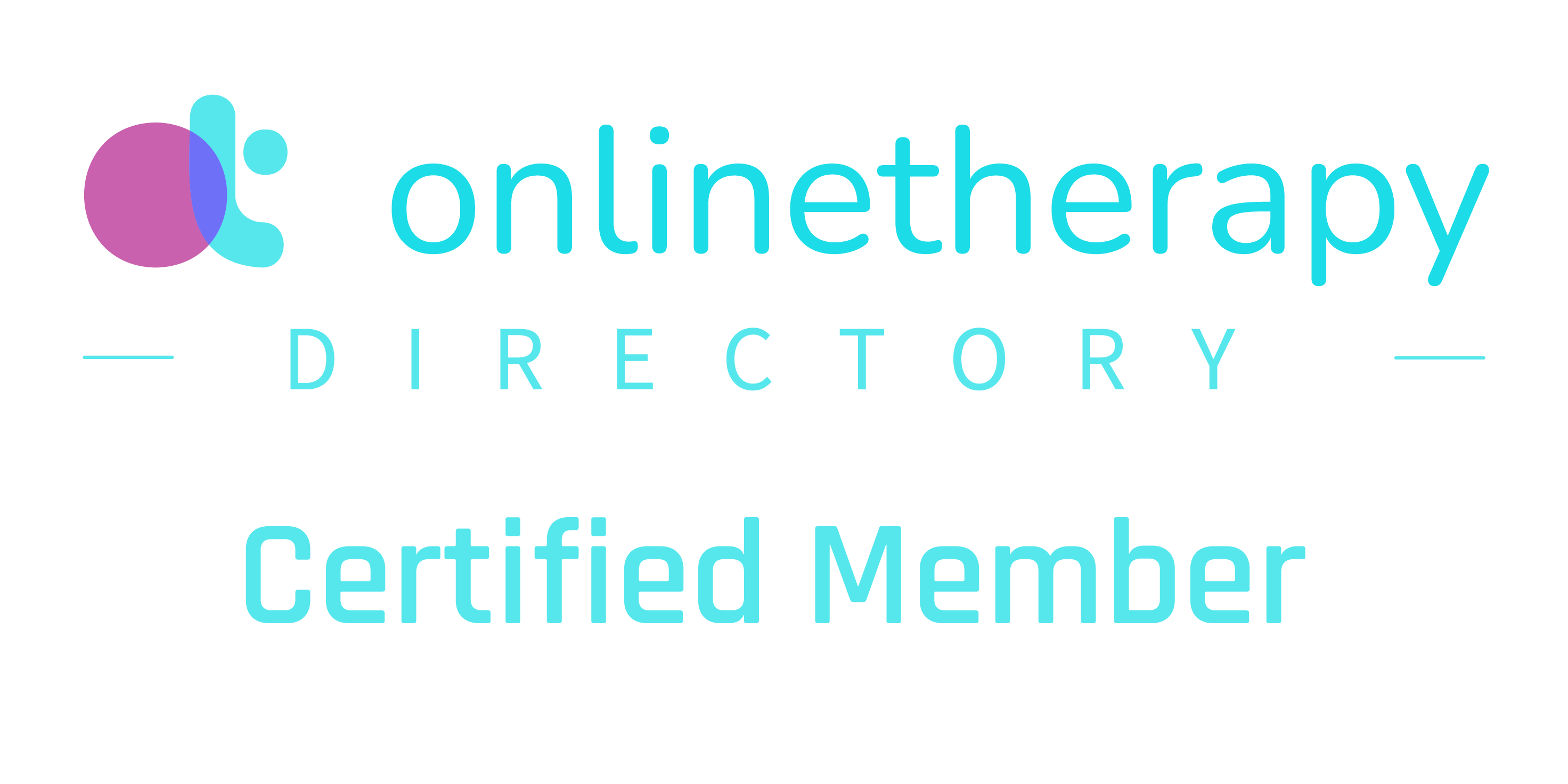CBT Life Coaching
5 CBT life coaching tips are shared to help you thrive through transitions! If you’ll soon be finishing your college degree, graduating from University or have recently graduated, congratulations! This is an exciting, adventurous stage of life. You’ve worked hard to complete your courses and have made big steps toward your own independence. Now is where the adventure begins.
But with college / uni behind you and “real” adulthood before you, you may feel a little (or a lot) overwhelmed. You likely have many decisions to make, new responsibilities to manage, and many dreams for your future (along with worries too). This is totally normal, although uncomfortable I’m sure.
If this sounds familiar, these 5 CBT coaching tips will help you make this big life transition.
1. Identify Your Life Goals
You’ve likely heard a lot about setting life goals from your parents, professors, and career counselors. Maybe you’ve heard so much about them that you’d rather not hear anymore! While you may have thought a lot about career goals, how much time have you spent identifying smaller but equally important life goals? After all, life isn’t just about work and career. It involves much more than that.
Some areas of life goals to consider include friendships, self-care, overarching life values, mental and physical fitness, financial health, and family life. Life goals can also be immediate, mid-term, and long-term. Your short-term goal might be to find an apartment to rent. Long term, however, you know you want to purchase your own home.
Determine small milestones as a way to keep track of your progress. If you get off course, reevaluate and start over.
2. Know Your Strengths (And Weaknesses)
Once you’ve identified your goals, think about how they line up with your strengths and weaknesses. Perhaps you were a math major and have household money management well under control but are timid about dating. Or maybe you were a physiology major and are in excellent physical shape but aren’t sure how to find the job you want.
Look at the things you’ve enjoyed in your life and the things you didn’t enjoy so much. What are you really good at? What areas do you need help with? Understanding these will help guide you toward achieving your life goals. Try to spend about 10 minutes writing this down.
If possible, also ask friends and family members for their take on your strengths and weaknesses and what areas you need help with. Then read through all of the feedback from others along with what you wrote down. Notice any patterns?
3. Identify and Leverage Resources
The more you understand your goals, strengths, and weaknesses, the better prepared you’ll be to manage your transition into adult independence. There will be many resources you can leverage to make these goals happen. Likewise, there are lots of resources to draw on for areas you’d like to improve.
For example, you might draw upon networking groups as you reach for career goals. If you’re struggling to know how to budget, you can find money management resources and tips online. If you’re new to an area and lonely, brainstorm ways to meet others.
When you’re just dipping your feet into independence, it can be easy to feel hesitant and lack confidence. But it’s important to not let this stop you from being proactive about reaching out. And it is okay to not be confident and still take steps towards greater independence. Many independent people aren’t confident at first.
4. Don’t Compare Yourself
Social media makes it even easier than it used to be to compare yourself to others. You might see a former classmate’s posts about their swank new job or hip flat and feel like you don’t measure up. But social media won’t show you that this same person may be struggling with anxiety, depression, or addiction. For all you know, they might envy your solid friendships and supportive parents.
Everyone’s life unfolds at its own pace. Instead of feeling bad about your current situation, focus on the good and on what you can control. Keep your eyes on your path, not someone else’s. After all, only you can walk your path!
5. Consider Getting Personalized CBT Coaching
In my practice as a counselor, CBT therapist and coach, I’ve worked with many individuals who are making big transitions in life. My approach is designed to help you understand and build on your strengths as well as identify any fears and doubts that are getting in your way.
When we understand how our brains work, and what helps us to feel good and thrive, as well as what tools can help us manage life’s challenges, change becomes very manageable and likely. The way I work is well-grounded in neuroscience.
Together, we can help you change the way you think about yourself and your abilities. As you do this, you’ll build resources to help you tackle new challenges. Click to learn more about life transitions therapy.
***
I’m a Licensed Mental Health Counselor in Hawaii and an Accredited CBT Therapist, Counsellor and Psychotherapist in the UK. If you’d like to learn more about how CBT Coaching can help you, please contact me at my Honolulu clinic or my London clinic. to set up a Test Drive Session.



